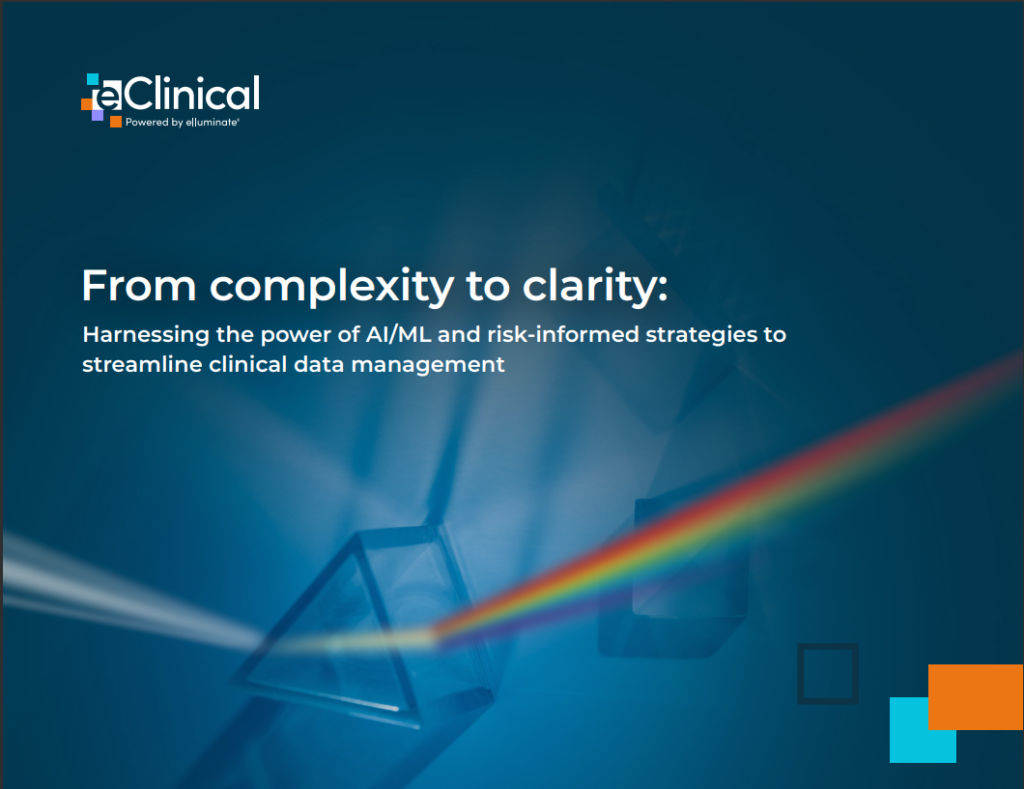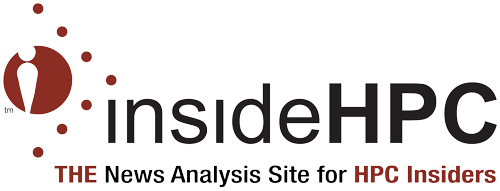The ability of regulators to keep pace with AI is vital if it is to play a successful role in exciting healthcare advancements, but also if we are to ensure that patient safety remains paramount as new frontiers of possibility very quickly open up.
It is undoubtedly a serious challenge to both harness this technology’s rapidly growing capabilities, while making sure that rigorous testing and risk-free efficacy have been achieved in an ethical manner – the learning curve is a steep one for regulators.
We are seeing the multi-faceted benefits of AI already, from cancer imaging to diagnostics and predictive capabilities, and it is undoubtedly making a huge impact that is only expected to grow.
However, those benefits must be kept in perspective and regulators must seek to help and not hinder ever-faster healthcare innovation while first and foremost protecting patients.
On one hand, the technology must produce clearly positive results to satisfy regulators. On the other, it must be clearly evidenced that the AI technology also works for the patient, fundamentally improving their experience.
The big challenge then is time – the ability to quickly upskill regulators who may be attempting to catch up with developments and then aiming to keep ahead of them. That does not just mean a good grasp of course; it means a comprehensive, end-to-end understanding across different territories that allows for educated, well-informed decision-making and the dissemination of timely guidance which provides clarity for all involved.
The challenge can be met though, and key successes have been noted, providing that much-needed clarity. The EU AI Act was recently adopted by the EU Parliament, making for what are expected to be the world’s first comprehensive laws governing the use of artificial intelligence and machine learning technologies such as facial recognition and ChatGPT.
I still believe the most important aspect of the Act is in ensuring that it remains open to change while ensuring global competitiveness, but as European Commission President Ursula von der Leyen stated, it is a “unique legal framework for the development of AI you can trust” and its existence is reassuring for all.
In other words, while the march of technology is clearly difficult to keep up with, no stable doors are being hastily shut after the AI horse has bolted. We are in as good a place as possible and receiving the correct advice remains pivotal to successful navigation of the regulatory landscape and getting innovation into patients’ hands.
Maintaining that depends on sourcing the right expertise and having sufficient notified bodies on hand which are ready and able to certify innovative new technologies and devices in a timely fashion.
Of course, suitable resources will be required if that is to remain the case and training implemented by regulatory authorities that successfully keeps pace with the rate of change.
It also requires horizon-scanning – forward planning and proactivity, not just reactivity – to ensure that developments are anticipated, resources allocated in advance, and delays minimized.
It is pleasing then to see that the Medicines and Healthcare products Regulatory Agency (MHRA) has recognized that need with its Innovation Office being “open” to queries relating to products or technologies that challenge the current regulatory framework, particularly those early in their development phase or in areas of regulatory uncertainty or fields undergoing rapid change.
That means staying ahead of innovation, heightening awareness and understanding of its development, and systematically helping to guide and advise on it. Those avenues of support are critical to proactive management.
Innovators recognizing that such support, expertise, and guidance is on hand can only be positive for AI ambitions, and indeed the future of regulated healthcare.
About the Author

Elaine Gemmell, Head of Regulatory Affairs at InnoScot Health. Elaine holds a BSc in Electronic Engineering and BEng (Hons) in Engineering and is Honorary Professor in the School of Engineering and Physical Sciences at Heriot-Watt University. Since joining InnoScot Health in 2002, she has gained more than twenty years’ experience in all aspects of medical device development and fifteen years in regulatory approval. She is a certified ISO 13485 /ISO 9001 Lead Auditor and has experience of regulatory approval in United Kingdom, Europe and USA. She has held roles at Director and Senior Management levels in two InnoScot Health spinout companies.
Sign up for the free insideAI News newsletter.
Join us on Twitter: https://twitter.com/InsideBigData1
Join us on LinkedIn: https://www.linkedin.com/company/insideainews/
Join us on Facebook: https://www.facebook.com/insideAINEWSNOW





Speak Your Mind